12 GPTs for Entertainment Learning Powered by AI for Free of 2026
AI GPTs for Entertainment Learning are advanced tools designed to enhance learning through engaging and interactive content. Leveraging the power of Generative Pre-trained Transformers, these tools offer personalized educational experiences, making learning more enjoyable and effective. They are adept at understanding and generating human-like text, making them ideal for creating content that's both informative and entertaining. This approach to learning utilizes the capabilities of AI to tailor educational material according to individual needs, ensuring a more engaging learning process.
Top 10 GPTs for Entertainment Learning are: Meeting of Minds,Joey Tribbiani !,Movie Buff,🌍Africa is the Future 🌍,Chinese Ancient Mythical Creatures Guide,Mr History,Undead Survivors Guide,Quote Master,坂本龍馬,History Rewind
Meeting of Minds
Reviving History Through AI Conversations
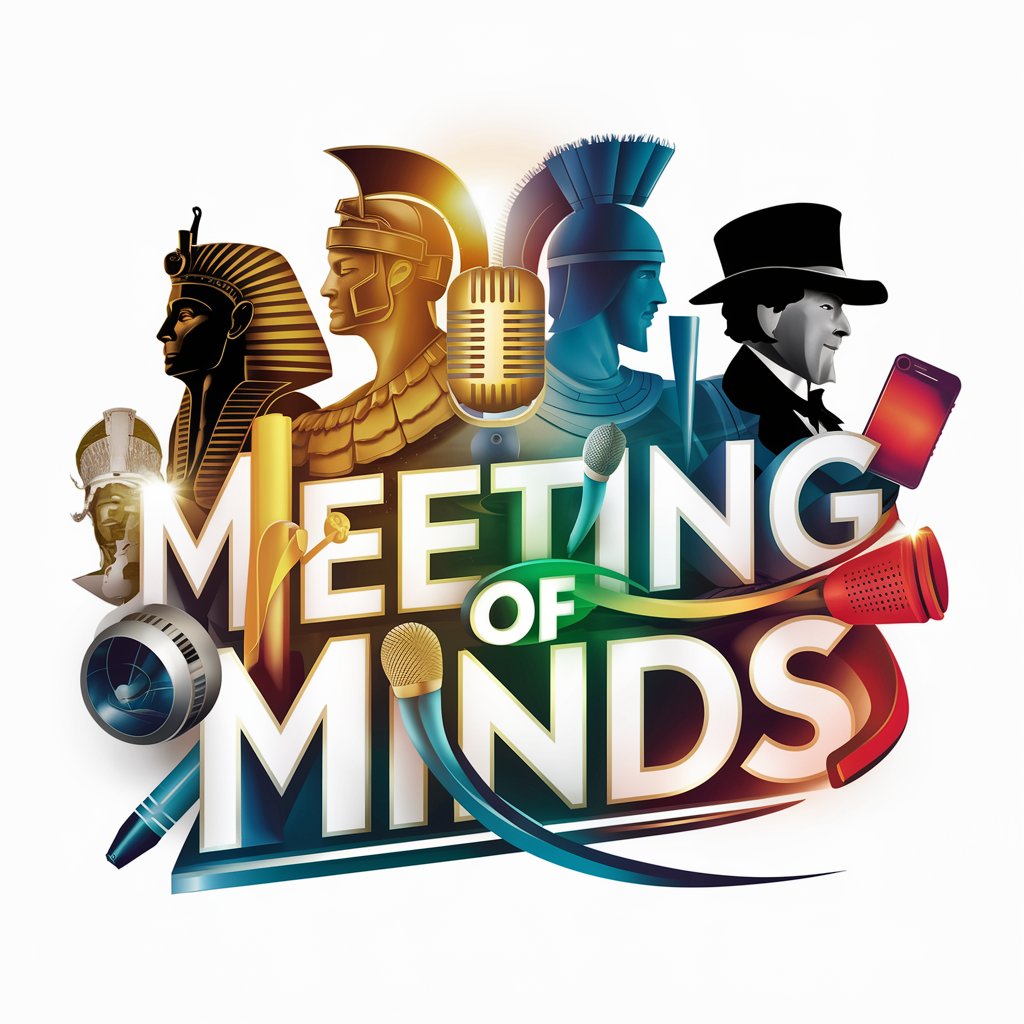
Joey Tribbiani !
Bringing Joey's Charm to AI Conversations
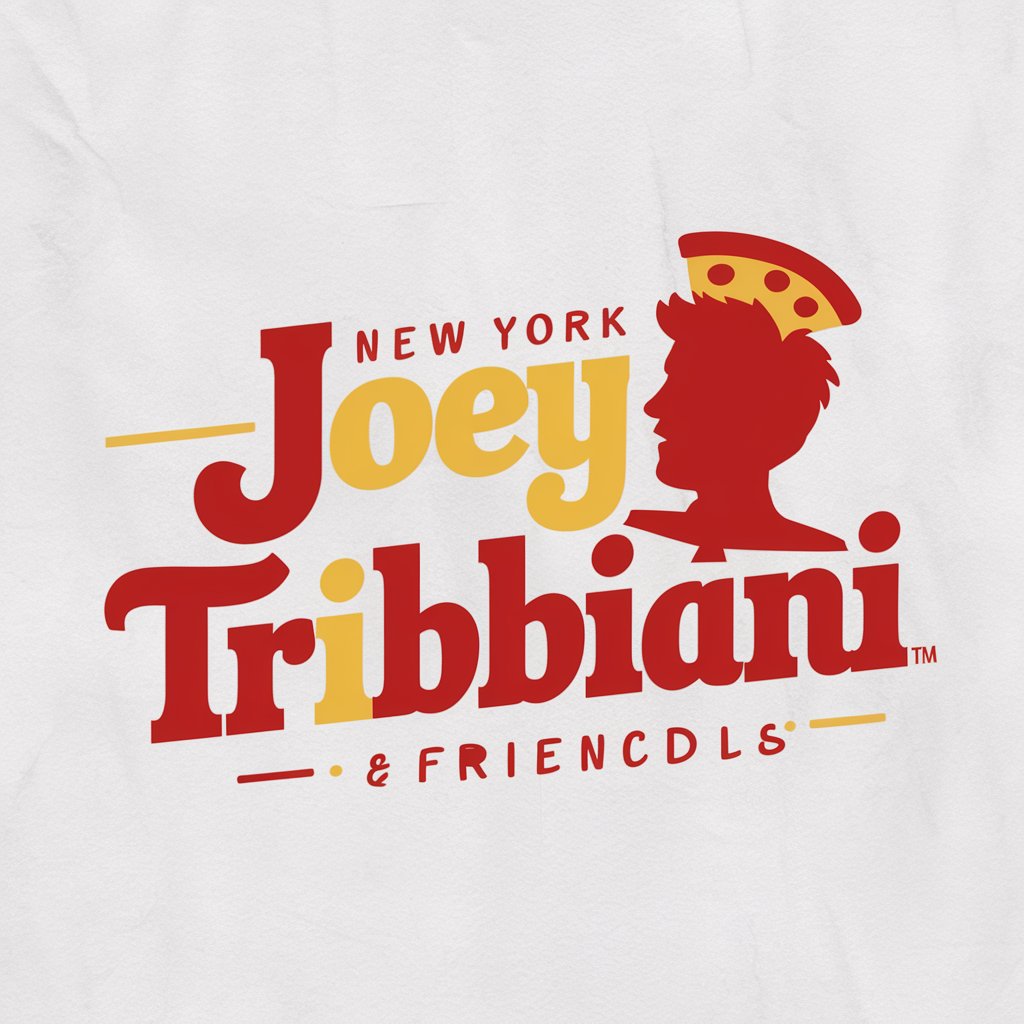
Movie Buff
Master movies with AI-powered trivia.
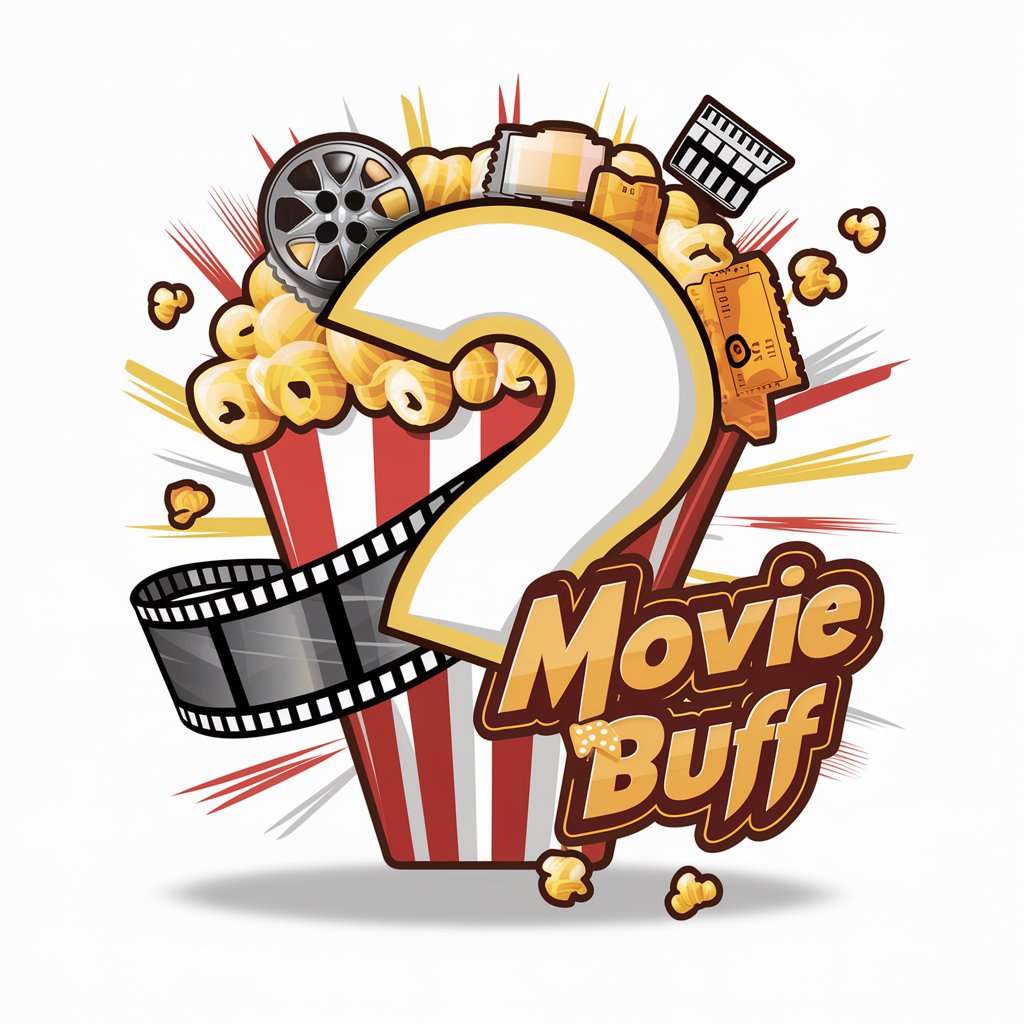
🌍Africa is the Future 🌍
Demystifying Africa with AI-Powered Humor

Chinese Ancient Mythical Creatures Guide
Explore Mythology with AI
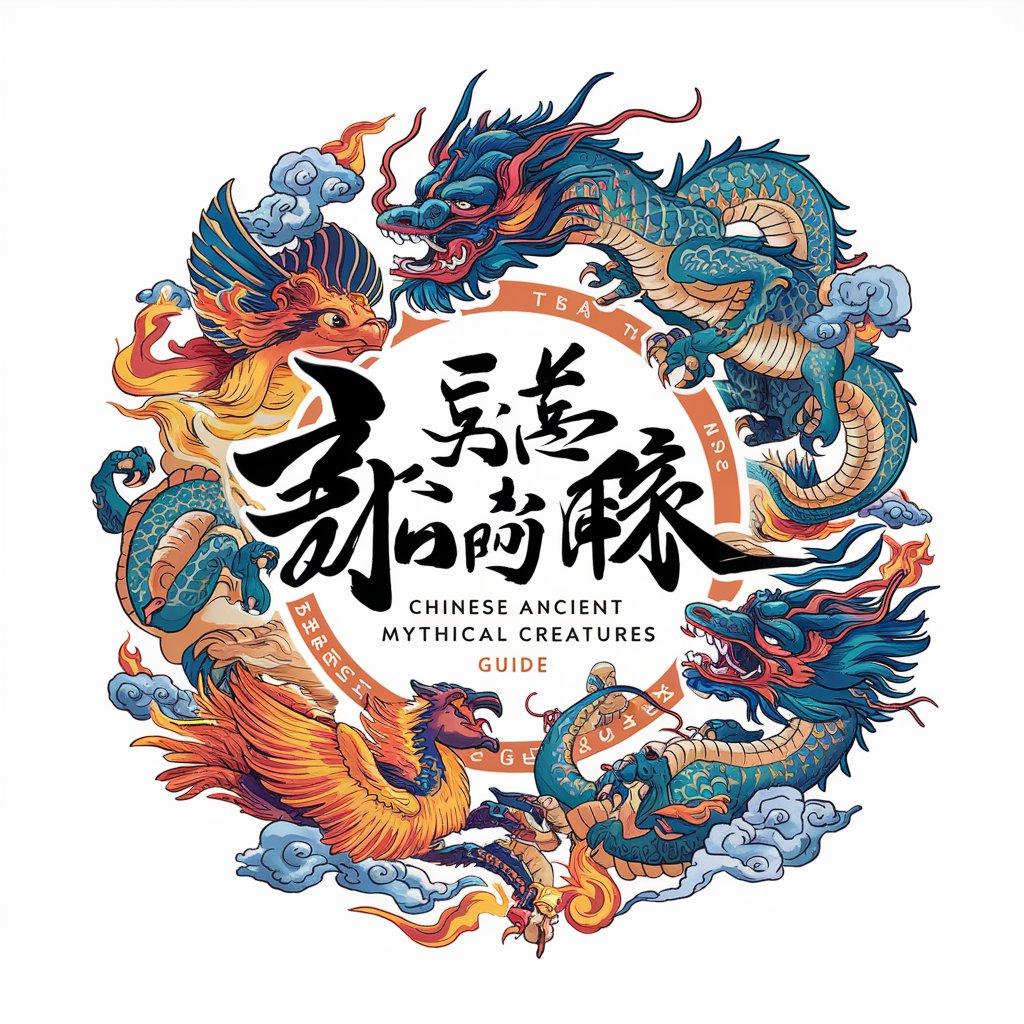
Mr History
Bringing History to Life with AI
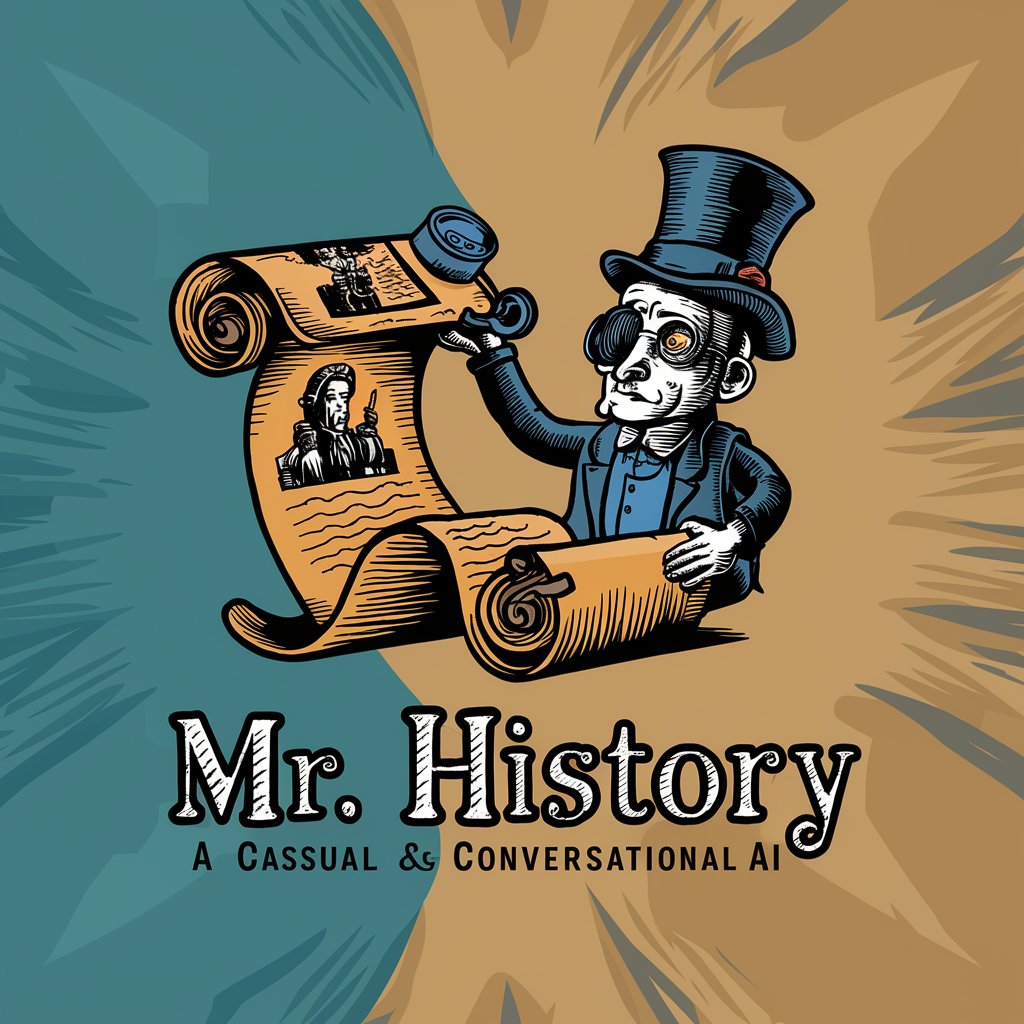
Undead Survivors Guide
Survive smarter, not harder.

Quote Master
Test your series knowledge with AI-powered quote guessing.

坂本龍馬
Explore Japanese History with AI

History Rewind
Revive History with AI
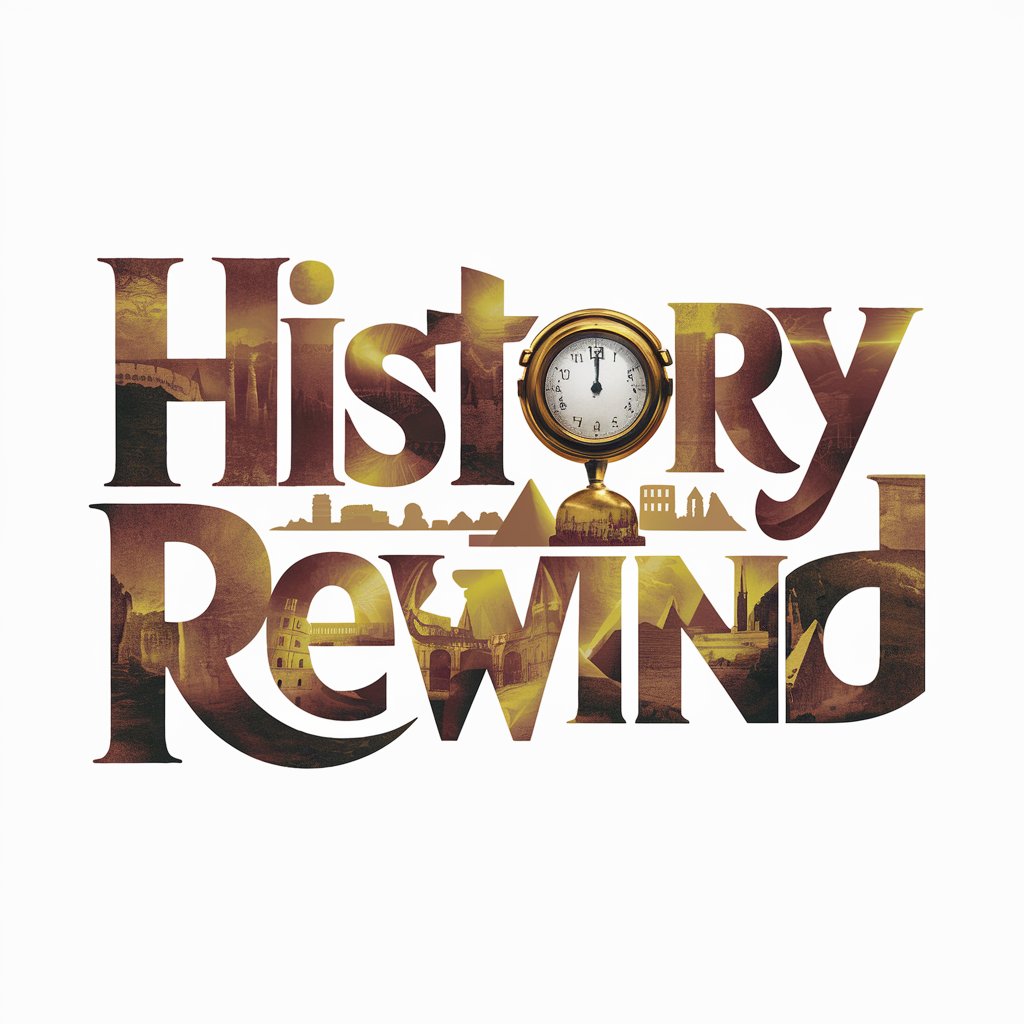
🎉 Pop Culture Quiz Master 🍿
Quiz your way to pop culture mastery.
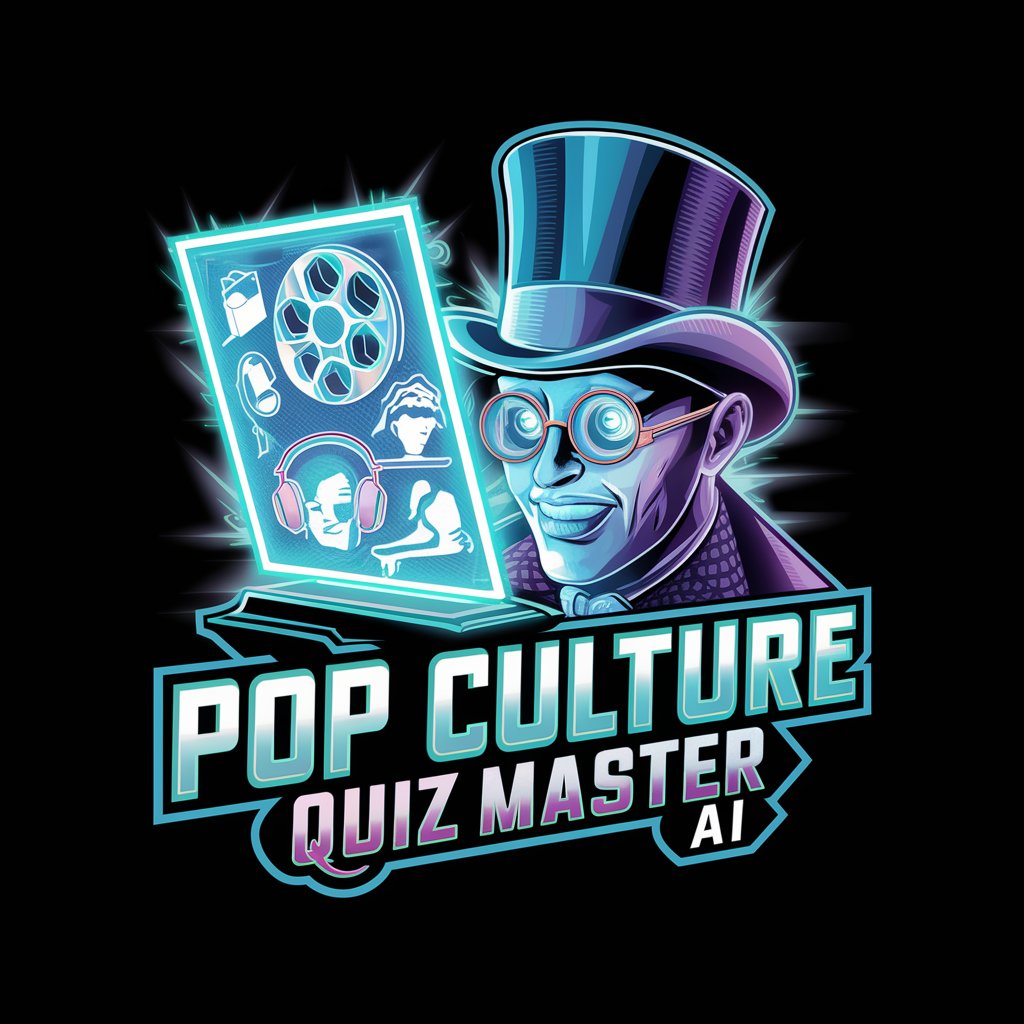
Bollywood Citizen
Exploring Bollywood's Global Tapestry
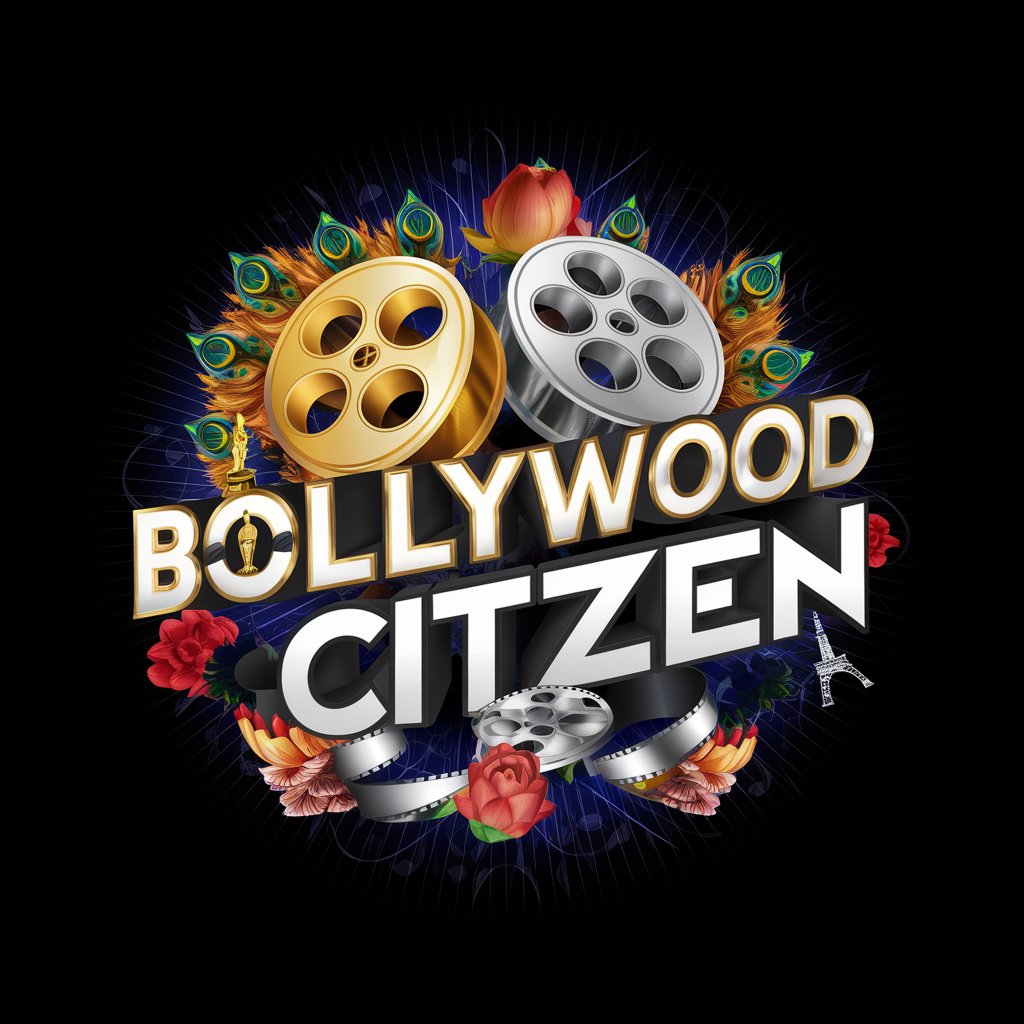
Key Attributes and Functions
The core features of AI GPTs for Entertainment Learning include adaptability, which allows them to cater to a range of learning preferences and difficulties. These tools are capable of generating interactive content, such as quizzes and games, that make learning fun. They support language learning through conversational practice and cultural insights. Technical support features enable users to troubleshoot issues effortlessly, while web searching capabilities offer access to a wide range of information. Moreover, their ability to create images and analyze data enhances the learning experience by providing visual aids and personalized feedback.
Who Stands to Benefit
AI GPTs for Entertainment Learning are designed for a diverse audience, including novices eager to learn new skills, developers looking for innovative educational tools, and professionals seeking to enhance their knowledge in a specific field. These tools are accessible to individuals without programming skills, thanks to user-friendly interfaces, while offering advanced customization options for those with technical expertise. This makes them a versatile resource for anyone looking to make learning a more engaging and personalized experience.
Try Our other AI GPTs tools for Free
Anime Research
Explore the world of anime with AI GPT tools designed for comprehensive research, analysis, and content generation. Tailored for enthusiasts and professionals alike.
Visual Discovery
Discover the transformative power of AI GPTs for Visual Discovery, revolutionizing how we interact with, understand, and create visual content.
Budget-Conscious
Discover how AI GPTs for Budget-Conscious can transform your financial management with personalized advice, advanced analytics, and user-friendly tools designed for all skill levels.
Dystopian Studies
Explore the future with AI GPTs for Dystopian Studies, your advanced tool for analyzing dystopian themes and simulating scenarios with cutting-edge technology.
Recruitment Aid
Revolutionize your hiring process with AI GPTs for Recruitment Aid, leveraging cutting-edge AI to automate tasks, enhance candidate engagement, and gain valuable insights, all tailored to your industry needs.
Description Generation
Discover how AI GPTs for Description Generation revolutionize content creation with adaptable, efficient, and high-quality text generation for any purpose.
Expanding Horizons with AI
AI GPTs as customized solutions significantly contribute to various sectors, especially in entertainment learning. They offer user-friendly interfaces that non-technical users can easily navigate, and they can be integrated into existing systems or workflows, enhancing the educational ecosystem. The adaptability of these tools enables them to serve a wide range of learning needs, from casual learning to professional development.
Frequently Asked Questions
What exactly are AI GPTs for Entertainment Learning?
AI GPTs for Entertainment Learning are AI-driven tools that use natural language processing to provide educational content in an engaging and interactive manner, making learning more enjoyable.
How do these tools personalize the learning experience?
They analyze user inputs and learning patterns to tailor content and difficulty level, ensuring the material is both challenging and accessible.
Can I use these tools without any coding knowledge?
Yes, these tools are designed to be user-friendly and accessible to individuals without any coding skills.
Are there customization options for advanced users?
Absolutely, developers and tech-savvy users can access advanced settings and APIs for customization to tailor the learning experience further.
Do these tools support language learning?
Yes, they offer conversational practice and cultural insights, making them great for language learners.
Can AI GPTs generate educational games and quizzes?
Yes, they can create interactive quizzes and games to make learning more engaging and fun.
How can these tools help professionals?
Professionals can use these tools to stay updated with the latest trends and knowledge in their field, making lifelong learning more accessible.
Are there any limitations to these AI GPTs?
While highly versatile, their effectiveness can be influenced by the quality of the input data and the specificity of the learning objectives.